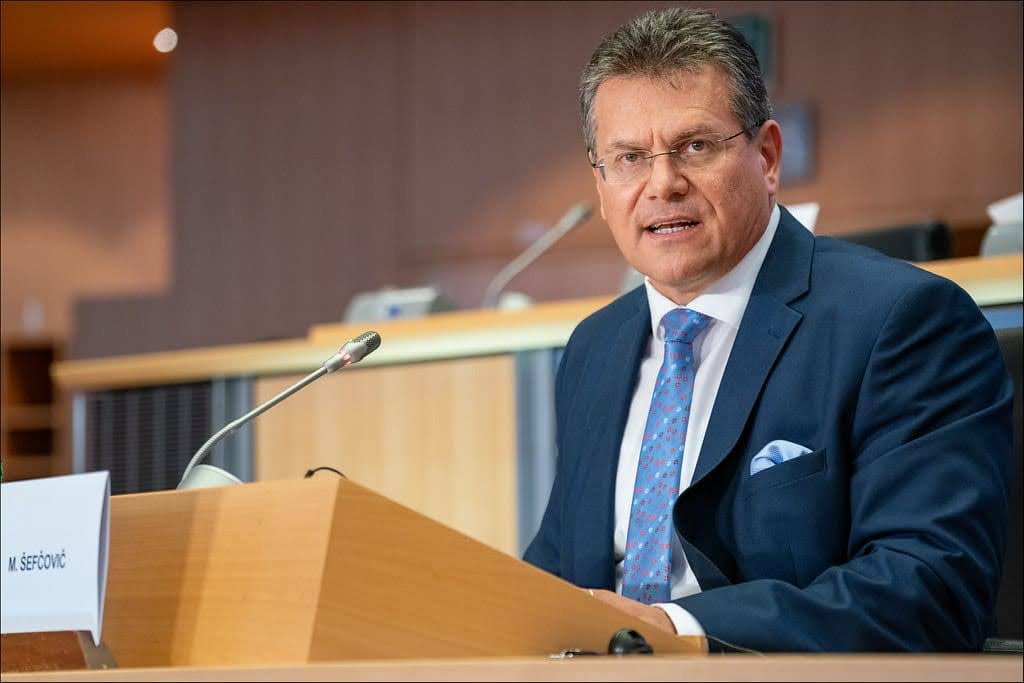From the factory towns of the American Midwest to the industrial villages of Germany, communities built around international trade are mobilizing to protect their economic foundations as the US-EU conflict threatens to shatter decades of prosperity. President Trump’s tariff ultimatum represents more than policy disagreement—it’s a direct assault on the economic ecosystems that sustain entire regions.
These aren’t anonymous statistics but real places where generations of families have built their lives around industries that depend on transatlantic commerce. European towns where the local factory employs half the working population face potential economic devastation. American communities that have thrived by importing and distributing European goods confront the possibility of becoming economic ghost towns.
The human element of this crisis extends beyond individual workers to the small businesses, schools, and community organizations that depend on stable employment in trade-related industries. When the local plant closes or the import business fails, the effects cascade through barbershops, restaurants, and little league teams that form the fabric of community life.
Commissioner Šefčovič’s strong stance reflects not just Brussels bureaucracy but the voices of mayors, union leaders, and community organizers who understand that international trade policy determines whether local communities thrive or merely survive. The European response echoes from town halls where residents gather to discuss how they’ll adapt to a world where their economic lifelines may be severed by political decisions made thousands of miles away.

